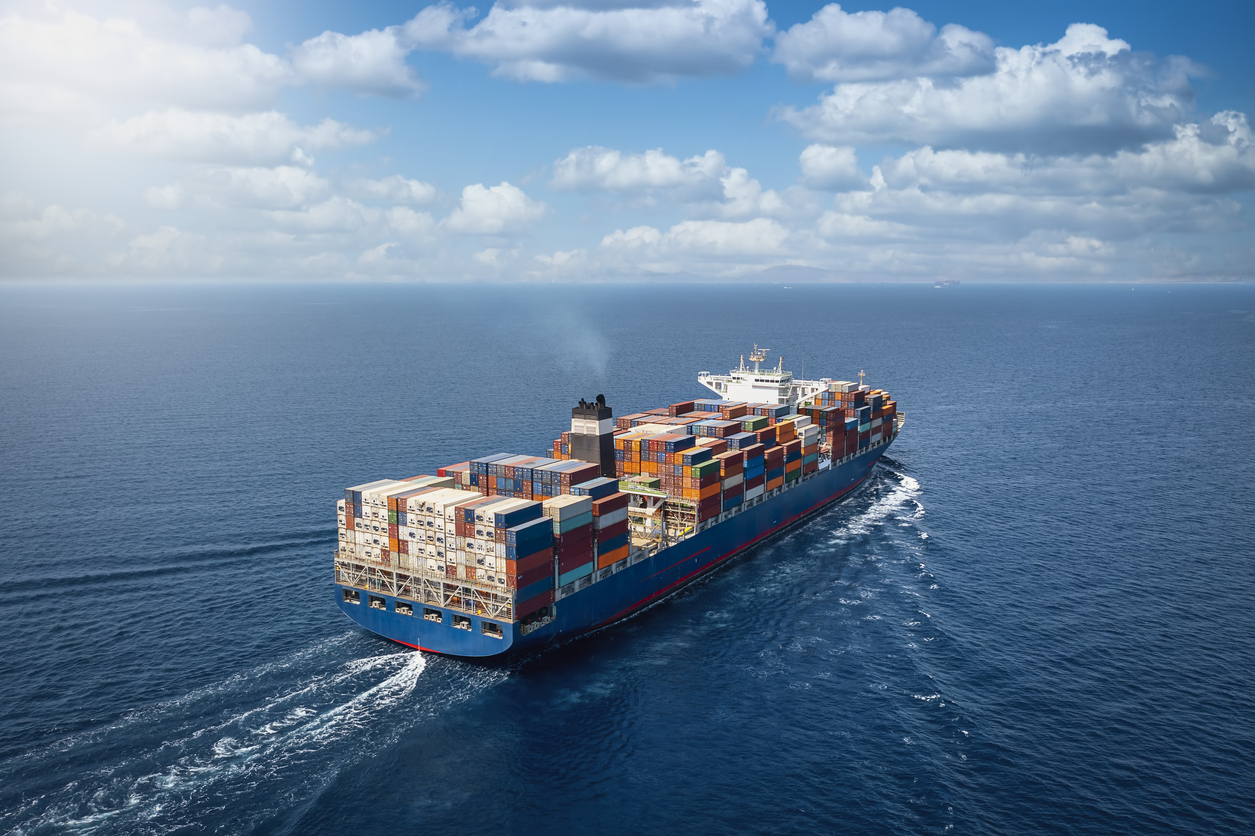Navigating Customs: What You Need to Know About Exporting from Austria to Rwanda with Wigmore Trading
Navigating Customs: What You Need to Know About Exporting from Austria to Rwanda with Wigmore Trading
Are you a business owner looking to expand your market internationally? Exporting goods can be an exciting opportunity, but it’s important to understand the customs regulations of the countries you’re exporting to. In this blog post, we’ll explore what you need to know about exporting from Austria to Rwanda with Wigmore Trading. From navigating customs procedures and documentation requirements to ensuring compliance with local laws and restrictions, we’ve got you covered. So buckle up and get ready for some expert tips on how to successfully export your products from Austria to Rwanda!
What is Wigmore Trading?
If you are an exporter from Austria and want to export products to Rwanda, then you will need to familiarize yourself with the customs regulations of both countries.
Austria has a number of restrictions on exports, including a ban on the export of weapons and ammunition. Rwanda has few specific restrictions on exports, but requires that all exports be accompanied by a commercial invoice or packing list.
Both countries require that all goods be properly packed and labeled for customs purposes. You should also ensure that your products are free of hazardous materials, and that they comply with relevant safety standards. In addition, both countries require that any export taxes be paid in advance.
Importing goods into Austria
What is the process of exporting goods from Austria to Rwanda?
There are three main steps in importing goods into Rwanda: obtaining a permit, declaring the value of the shipment, and paying duties. The permit is required for any shipment over $2,500 value, and you can apply for the permit through your local Austrian customs office. Once you have received the permit, you need to declare the value of your shipment on your import declaration form. You can find more information on importing goods into Rwanda on Wigmore Trading’s website. You will need to pay duties on top of the declared value of the shipment. The duty rates vary depending on the type of goods being imported and can be found on Wigmore Trading’s website.
Overview of Rwanda
Rwanda is a landlocked country in Central Africa with a population of approximately 11 million. The country is bordered by Uganda to the north, Tanzania to the east and south, Burundi to the west, and the Democratic Republic of Congo to the northwest. Rwanda has a diverse geography with mountains in the north and central parts, plateaus in the east and southeast, and valleys in the southwest. The capital city, Kigali, is located on a plateau in central Rwanda. The terrain ranges from dense jungles in the extreme southeast to dry savanna in the north.
The economy of Rwanda is based primarily on agriculture, which accounts for about 60% of GDP. The largest agricultural sector is coffee production, followed by tea production. Other important sectors include cattle raising (30%), fisheries (10%), and forestry (5%). The Gross Domestic Product growth rate was 5% in 2016. Tourism is also an important sector of the Rwandan economy with significant potential given its diverse natural attractions including Mount Nyiragongo – Africa’s tallest active volcano – Lake Kivu – Africa’s deepest lake – as well as its lively cultural scene.
In order to export goods from Austria to Rwanda you will need a valid export permit from Wigmore Trading Ltd.. Certain goods may not be exported without prior approval from Wigmore Trading Ltd.. Some prohibited items include firearms and ammunition, plants listed under CITES Appendix I or II including timber products, ivory products over 100
Customs requirements for exporting to Rwanda
When exporting goods to Rwanda, it is important to know the customs requirements for the destination country. The following are key points to keep in mind:
-The value of exported goods must not exceed $2,500 per item.
-All items must be declared and properly packaged.
-There may be additional taxes levied by the Rwandan government upon importation into the country.
Methods of shipping goods to Rwanda
There are many different methods of shipping goods to Rwanda, so it is important to know what is available to you. Here are some of the most common methods:
Sea: Shipping goods by sea is the fastest and most reliable way to get them to Rwanda. However, it is also the most expensive option.
Air: Air shipping is a popular option for small packages that don’t require a lot of transportation time or protection. It can be more expensive than sea shipping, but it’s faster and doesn’t require any special equipment or customs clearance.
Land: Shipment by land can be slower than air or sea shipping, but it’s often cheaper and requires less transport time. It also requires customs clearance, which can be a hassle if you’re not familiar with the process.
Conclusion
If you are exporting goods from Austria to Rwanda, you will likely need the services of a customs broker like Wigmore Trading. This article provides an overview of what you should know about exporting goods through customs in Austria and Rwanda, including the different types of documents that must be submitted. If you have any other questions about exporting goods from Austria to Rwanda, please don’t hesitate to contact Wigmore Trading. We would be happy to help!








LEAVE A COMMENT
You must be logged in to post a comment.